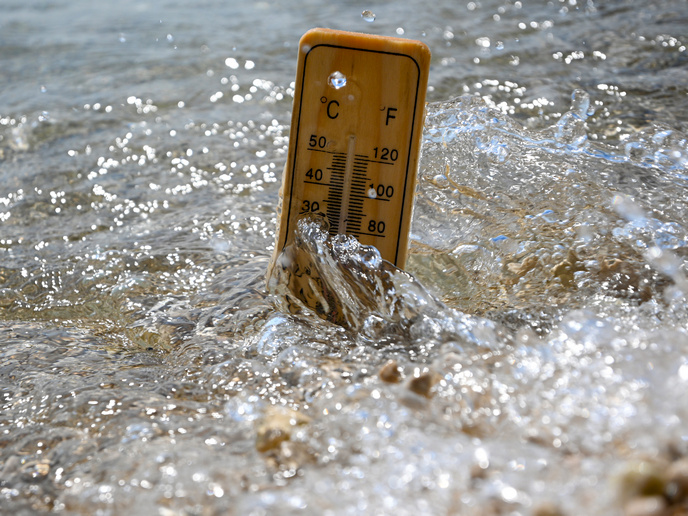Exploring toxic expertise, the petrochemical industry and environmental justice
Toxic expertise is a double-edged sword. On the one hand, you have scientific expertise on the effects of toxic pollution. On the other hand, there’s the expertise about the nature of toxicity that is used to justify lax corporate social responsibility and a lack of meaningful regulations. Sitting between these two poles are the ongoing, often heated, debates about the social, economic, environmental and health impacts of toxic pollution. “Toxic substances are ever-present in modern day life and, due to their effects on health and the environment, are matters of public concern,” says Alice Mah, a professor of Sociology at the University of Warwick. With the support of the EU-funded ToxicExpertise (Environmental Justice and the Global Petrochemical Industry) project, Mah led an effort to gain new insights into the complex ways expertise works within – and in relation to – the global petrochemical industry. “We focused our work on the petrochemical industry as it is a significant and controversial source of toxic pollution,” explains Mah. “Furthermore, the industry is characterised by unequal regulations and risks across different countries and populations.”
Shedding light on the dynamics of corporate power
The ToxicExpertise project, which received support from the European Research Council, set out to conduct the first systematic social scientific study of the global petrochemical industry as it relates to corporate social responsibility and environmental justice. To do this, researchers started by examining toxic expertise within the leading global petrochemical companies and environmental NGOs operating in Europe, China and the United States. “These investigations shed light on the shifting dynamics and networks of corporate power in the global petrochemical industry,” notes Mah. “They also gave us a better understanding of how corporations use technical expertise across different fields and to serve a variety of purposes.” Next, the research team conducted in-depth case studies in China and the United States – two of the world’s top petrochemical producers. “These case studies highlight that despite the environmental and health impacts of pollution, local attitudes often remain ambivalent towards both pollution and the polluters,” says Mah. “We also found that the case studies revealed stark and long-standing social inequalities in toxic exposures and risks.” Based on this work, researchers developed an interactive Global Petrochemical Map, an online, interactive public resource. “Working collaboratively with international researchers and community organisations, we mapped 75 cases around the globe of major petrochemical sites, local communities, community and labour mobilisations, and details of emissions, environmental and safety records, photos and media reports,” Mah explains. The project also launched ‘Toxic News’, an e-magazine, and is currently finalising ‘Petrochemical Planet’, a book that will provide a comprehensive overview of the project’s work.
Pushing the boundaries of social scientific research
The ToxicExpertise project has succeeded in pushing the boundaries of social scientific research into the wide-ranging impact the petrochemical industry has on society. “Despite decades of environmental justice activism, enduring, systemic environmental injustice remains, particularly for minority, low-income and working-class communities around the world,” concludes Mah. “This project puts the spotlight on these social inequalities, the role of powerful corporations, and what needs to be done to ensure a more just – and sustainable – industrial transformation.”
Keywords
ToxicExpertise, toxic, toxic substances, toxic pollution, petrochemical industry, environmental justice, social responsibility, social inequalities







